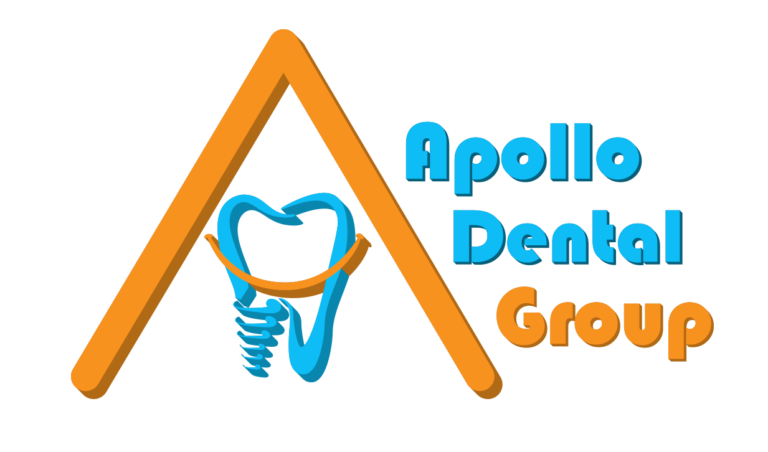
Frequently Asked Questions (FAQ's)
Gums bleed when they are irritated and inflamed which is not considered normal. This is due to plaque (a soft film of bacteria) being left on the teeth which causes inflammation called gingivitis and if not addressed can develop into gum disease. Over time, if not cleaned off through daily brushing and interdental cleaning, the plaque can turn into a hard deposit called tartar or calculus which will require professional scaling by your dentist or hygienist to remove it.
It is important even if your gums bleed they are still brushed to keep the mouth clean otherwise the bacteria build up in the mouth will make gum inflammation worse. After a few days of thorough cleaning, your gums should stop bleeding. If this does not happen you will need to ask the advice of your dental team as you may need professional cleaning.
A good oral care regime should be able to prevent your gums from bleeding if done correctly. We would always suggest that you have regular examinations at your dentist. This can help diagnose and treat anything unusual in your mouth so you get the correct care and advice.
You may have to use a softer brush whilst the gums are inflamed until they become healthier. It is also important to clean in between teeth daily using interdental brushes or floss.
Smoking can cover up a gum problem as it restricts the blood flow to the mouth. If you have recently given up smoking this could allow the gums to get a better circulation and therefore start to bleed.
You can try using a toothpaste specifically designed for sensitive teeth. Rub a little toothpaste into the sensitive area when going to bed as it helps protect the surface.
Try to avoid strongly acidic foods and drinks and wait at least an hour after eating before brushing as this could cause even more sensitivity. Grinding your teeth can also increase sensitivity and a mouth guard maybe necessary.
If the pain continues, speak to your dental team and they may be able to offer further care to reduce your symptoms. A number of things can cause sensitivity and your dental team will be able to identify these and advise the correct care.
Generally any discomfort after an extraction does not last for long and can easily be controlled by the painkillers you would normally take for a headache. If it lasts any longer than 24 hours you should go back to your dental team for advice.
Sometimes pain may occur 3-4 days after the extraction when a blood clot has not formed properly in the extraction socket and the bone becomes infected. You will need to go back to your dentist, who will dress the socket for you.
If you have facial swelling which developed suddenly this could indicate that you have an infection. You will need to see a dentist as you may need some antibiotics to relieve the symptoms of this infection.
If you do not have a regular dentist, please call us to see how we can help you.
If it is dental emergency after hours or weekends and if you cannot reach your dentist please call 911
At your initial visit, your new dentist will take all of your personal details, such as your address and date of birth. They will also take a full medical history to make sure that they are fully aware of any illnesses or medication that you may be taking and they can then treat you safely.
The dentist will then carry out a full check-up and chart all of your teeth and previous treatment, they will also assess the condition of your gums and your general oral hygiene. They may also take diagnostic x-rays.
If you need to have any dental treatment, your dentist will discuss this with you. They may give you a treatment plan and tell you what the cost is going to be.
You can make any further appointments as necessary.
Before planning on a trip abroad or native country for dental treatment there are a number of factors to consider.
It is important to do your research and familiarize yourself with the process in the country you are looking at having the treatment, as well as speaking about it with your dentist here first. The things you need to think about are:
Possible Complications
Many people who are going abroad are wanting more advanced (higher cost) procedures which are more likely to result in complications. No matter how skilled the clinician, there is always a risk of treatment failure. If complications do arise once you are home, it will not always be easy to return to the clinic which provided the treatment, especially if there is an infection. Your insurance may not cover the travel costs involved in returning to the clinic.
Fine-adjustments
Procedures such as crowns, bridges, veneers and implants are not easily carried out rapidly. Expertise and time are essential to achieving a good outcome. For instance, to achieve a perfect bite, the patient can require repeat visits and a series of adjustments. This may not be possible if the dentist is abroad.
Language barriers
It is always important that your clinician can communicate with you and explain the treatment provided and recommendations for post-surgical care. This is always more difficult when English is not the first language of your practitioner. He or she needs to know exactly what you want and you need to know exactly what you are getting. Problems and complaints often arise from communication issues.
Varying standards and approaches
Different countries have a different concept of aesthetic beauty. For example, in some countries very white and even teeth are thought attractive, whereas in others a more natural smile is preferred. There are also varying clinical standards. Our dentists are more likely to save a tooth, discuss with you all the treatment options available to you and help you make an informed decision. Not all countries have the same high standards of cross-infection control, and in developing countries there can be a higher incidence of infectious diseases.
Treatment costs
Many of those considering travelling abroad believe that private dentistry in USA is not affordable. However, sometimes this is based on an assumption. It is advisable to talk to our expert team check prices and get familiar with our payment plans. This can help spread treatment costs, making treatment both affordable and accessible.
Here at Apollo Dental Group we know how busy life can be. Fitting a dental appointment into your busy schedule seems to be one of the most difficult things you have to do. Proper oral hygiene can be difficult to maintain. Brushing for two minutes twice a day and flossing after every meal will keep many oral hygiene problems away, but not all. Scheduling a cleaning twice a year is highly recommended to maintain proper oral hygiene and catch problems before they become costly and painful.
It’s very important to schedule regular cleanings Dr. D recommends coming in twice a year. Not all dental problems have obvious symptoms at first, and catching them early will save a lot of money and hassle. Not only can we identify problems before they become painful and expensive, but we can also help to keep your smile looking fabulous. We know how important it is to feel comfortable with your smile. This is why we offer many treatments to help improve patient esthetics and smile line.
Professionals throughout the dental industry as well as the American Academy of Pediatric Dentistry (AAPD) recommend starting dental checkups as early as six months of age. On average, this is when a child’s teeth begin to show. Our Dentist will be able to examine the health of your child’s first few teeth and make recommendations
